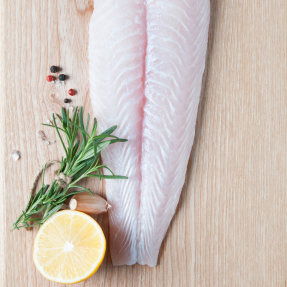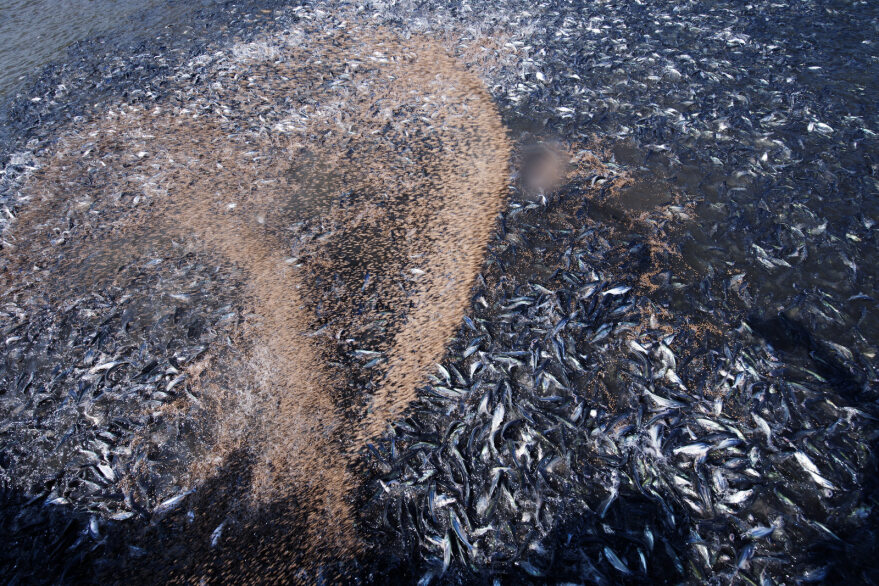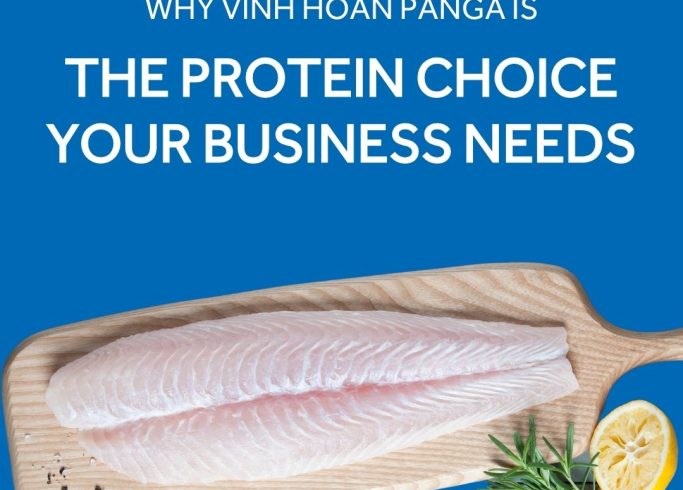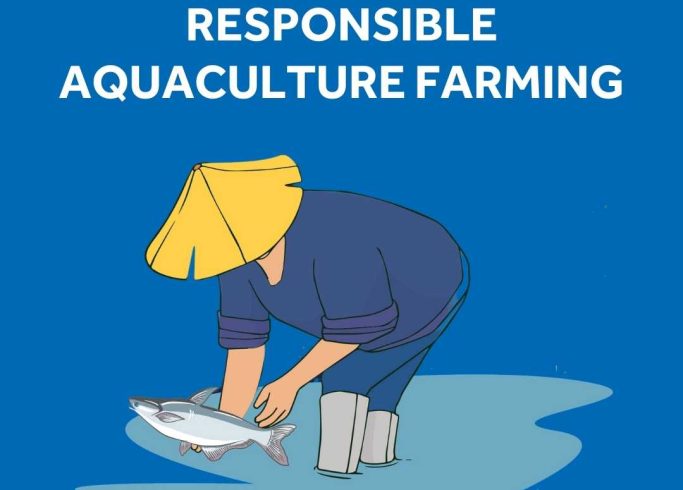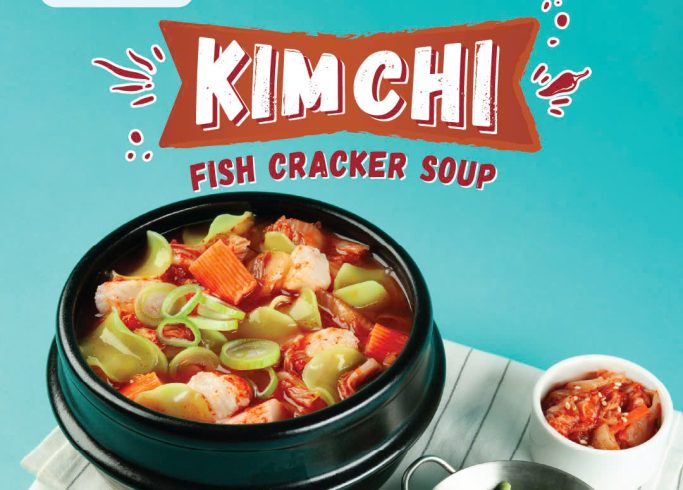Vinh Hoan Pangasius Hatchery tests new feed from insect meal
25 September 2023
By utilizing the black soldier fly larvae meal as a substitution for marine fishmeal in the diet of pangasius, we aim to improve the nutritional quality of our fish, reduce our ecological footprint and contribute to sustainable aquaculture.
About Vinh Hoan farms
At Vinh Hoan, we take pride in our dedication to aquaculture sustainability and traceability. With 26 farms encompassing nearly 600 hectares along the fertile Mekong River basin, we are fully committed to upholding our values. This commitment is solidified by our extensive certifications, such as BAP, ASC, and Global GAP. We consistently push the boundaries of research by innovating farming methods to boost productivity and provide our valued customers with the utmost quality pangasius.
Latest research on black soldier fly larvae meal
In recent years, the global aquaculture industry has been on a quest for sustainable and eco-friendly solutions to meet the increasing demand for seafood. One promising innovation in this regard is the utilization of insect meal as an alternative fishmeal source. At Vinh Hoan Pangasius Hatchery, we are thrilled to share our latest endeavor of testing on black soldier fly larvae meal and its potential benefits for both the environment and our fish.
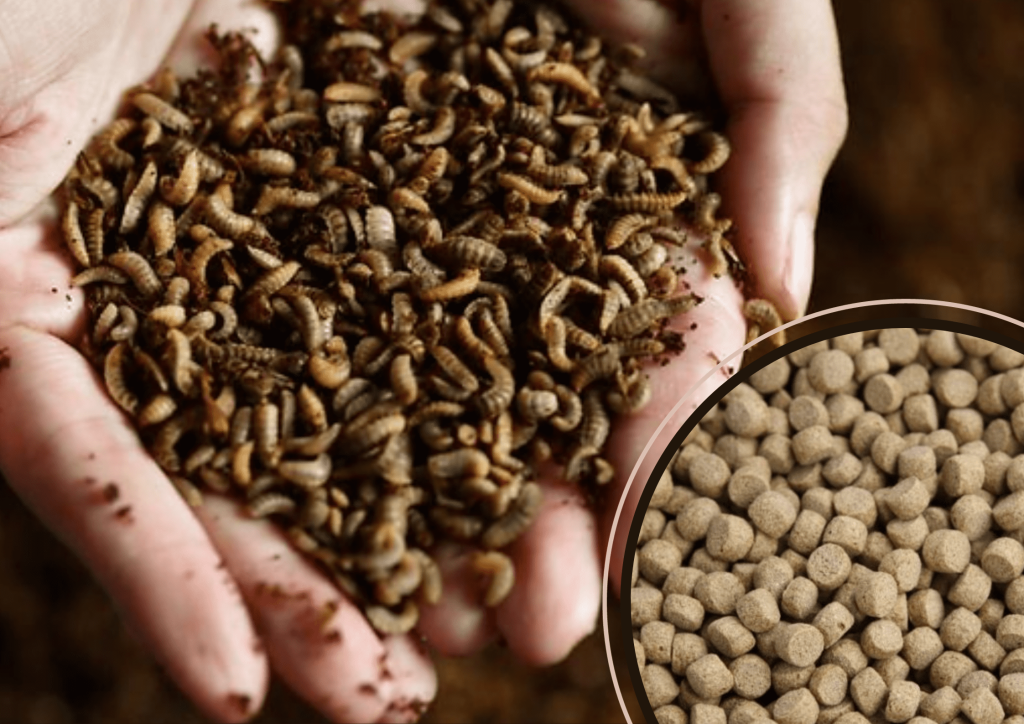
Unleashing the potential of insect meal
Pangasius holds immense potential for sustainable aquaculture due to its fast growth rate and low feed conversion rate. By incorporating insect meal into their diet, our hatchery aims to achieve several significant advantages:
Improved Nutritional Profile
Dry black soldier fly larvae meal contains 40.01-61.4% protein, 13.34-38.9% lipid, 8.0-12.3% crude fiber, and 7.7-19.7% ash. Thus, it can offer a well-balanced nutritional profile, providing essential amino acids, fats, and minerals required for healthy fish growth and their meat quality. This enhanced diet can result in improved fish health, reduced mortality rates, and increased resistance to diseases thanks to the anti-microbial peptides contained in black soldier fly larvae proteins. Another beneficial factor is that insect-based protein sources do not compete with humans, so they are very suitable for use as animal feed ingredients.
Reduced Environmental Impact
Traditional fishmeal production heavily relies on wild-caught fish, contributing to overfishing and ecological imbalances. In contrast, insect meal is produced through bioconversion of organic waste, which helps to reduce the strain on marine ecosystems and promotes a more sustainable approach to aquaculture.
Cost-Effective Solution
As the demand for fishmeal continues to rise, its price remains volatile. Insect meal, on the other hand, offers a more stable and cost-effective alternative, ensuring a reliable supply of high-quality feed while reducing production costs in the long run.
Additionally, this farming development model also helps Vinh Hoan solve and improve the problem of traceability.

